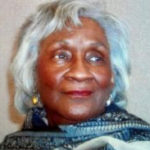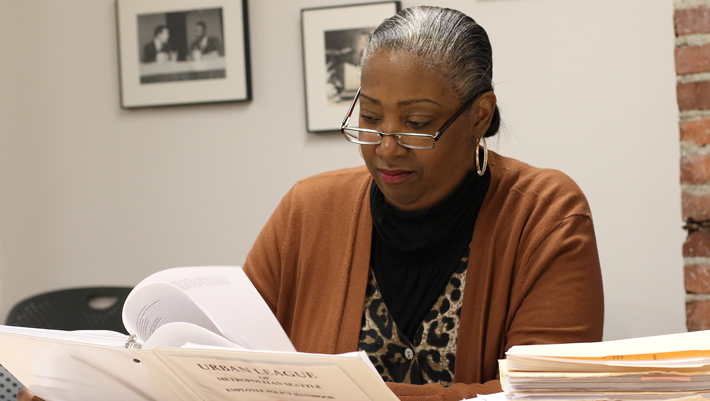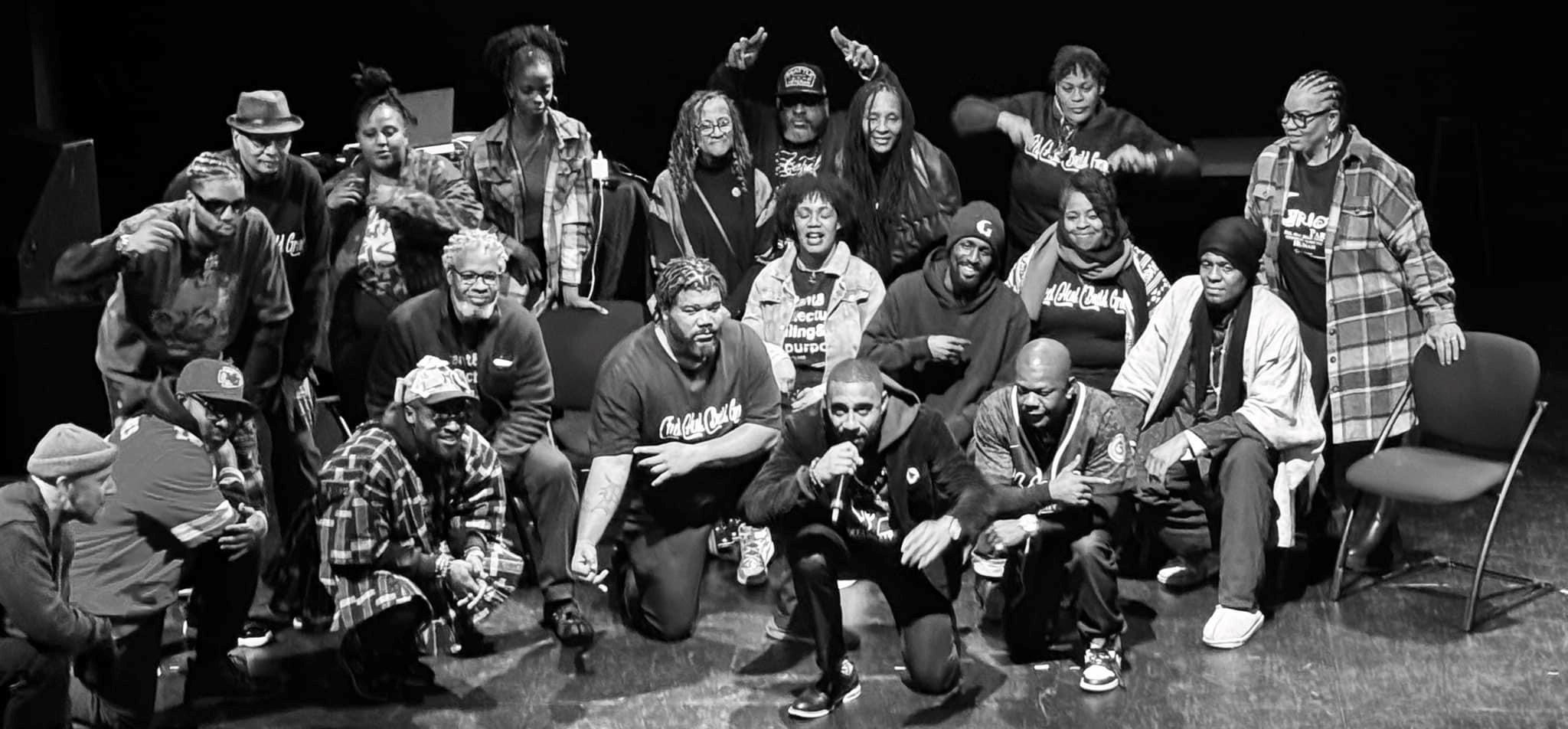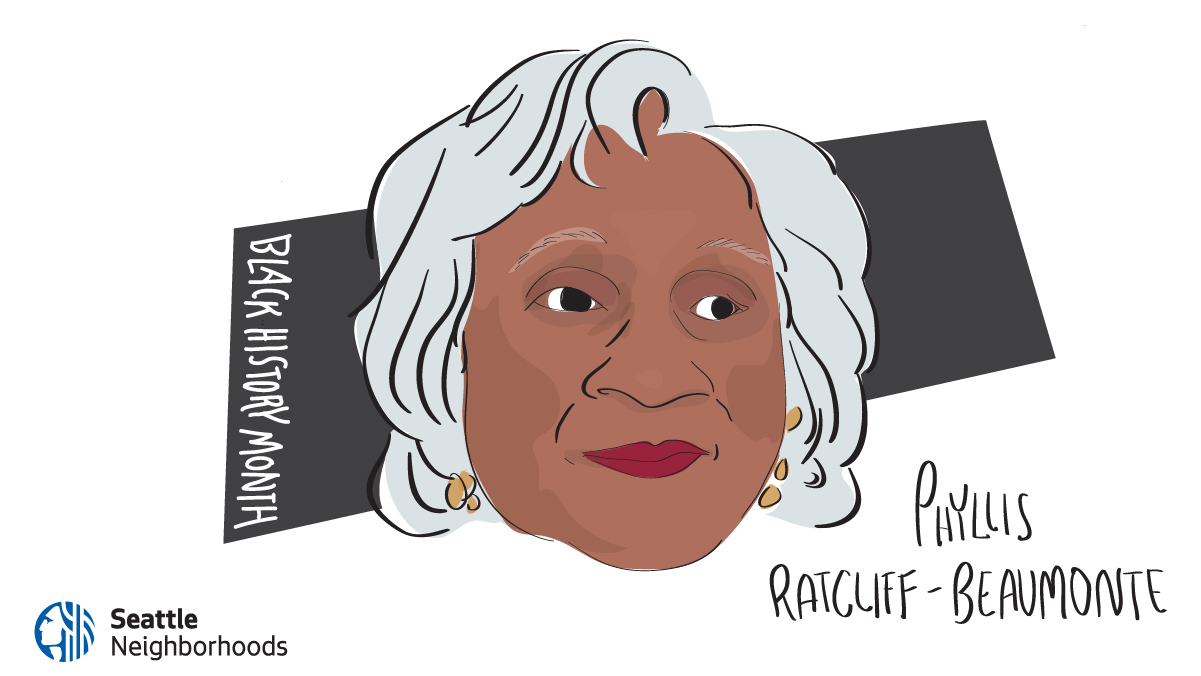
In celebration of Black History Month, we are hosting a series of profiles and stories to amplify and honor people, businesses, organizations, and events connected to the history of Seattle’s Black community.
Remembering Adam Clayton Powell, Jr. , Baptist Preacher and Civil Rights Leader
By Phyllis Ratcliff-Beaumonte
Adam Clayton Powell, Jr. has been underrated as a key player in the struggle for equality and civil rights for African Americans. Today, very few young people know anything about him except those living in New York City. However, as the nation reflects and celebrates Black History Month this year, let us not forget the liberating theology practiced through his pastoral and political careers.
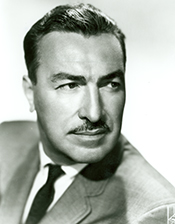
Adam was born in New Haven, Connecticut on November 24, 1908. He was the son of the Reverend Adam Clayton Powell Sr. and Mattie Fletcher Powell. They moved to New York where his father became the pastor of the historic Abyssinian Baptist Church in Harlem. Although the Abyssinian Baptist Church is now practically synonymous with Harlem, its connection to Ethiopia goes back to the church’s founding in 1808. It is the oldest African American congregation in the north as well as one of the largest Protestant churches in the United States.
Thus, Adam grew up and matured in Harlem – the hub of the African American cultural, intellectual, and political development – during the Harlem Renaissance. He became intrigued with the life and philosophy of Marcus Garvey’s “Back to Africa” Movement. Garvey’s legacy raised Adam’s consciousness to the oppressive forces of racism and its imposing powerlessness that controlled the lives of millions of African Americans.
After his public education, Adam attended Colgate University. He graduated in 1930 and preached his trial sermon the very same night. Thirty-seven people joined the church, and the following week the Board of Deacons and his father granted him a license to preach. In 1938, he earned a Doctor of Divinity Degree from Shaw University and succeeded his father as pastor at Abyssinian Baptist Church after serving as his assistant (Adam By Adam: 1971.35).
A handsome man, Powell could have used his pastoral position to maintain a life of ease and comfort. Instead, he invested in people by operating a day nursery and grocery store for working mothers. He also helped pioneer the tactics of mass action against racial discrimination. In doing so, he acquired jobs for others by demands, marches, and selective buying campaigns. Anti-racism and the empowerment of oppressed people was his mission; from the pulpit, he evangelized, witnessed, and liberated.
In 1941, Powell became the first African American to be elected to the New York City Council. True to his mission, he worked for more Negro policemen and firemen, and more schools and playgrounds in the Negro section of the city. He gave people hope in times of despair and hopelessness. Much later, when he became Harlem’s first African American congressman, he rejoiced in knowing he would be able to help people from a national level. As his tenure grew, he became Chairman of the House Committee on Education and Labor. It was within this framework that Powell was able to use his position and influence to introduce legislation against racial discrimination. He spoke of his election and mission in the following words: “… When I was elected to congress, I pledged myself to dedicate my efforts to the task of making democracy work…”
Congress became his battlefield. He introduced numerous pieces of legislation beginning with a bill to prohibit racial segregation in the United States Armed Forces. Almost 400,000 African Americans served in World War I and over 1 million in World War II. Many gave their lives only to return to their country to face the humiliation of racism and the violence of hate and oppression. Although Powell’s bill was defeated, he was strengthened rather than weakened. He continued his mission despite many roadblocks. His congressional adversaries were the “die-hard” Southern politicians who represented a racist constituency. They found it difficult to accept African Americans as human beings made in the image of God. Time after Time, Southern senators used the filibuster strategy to block and kill Powell’s bills.
Nevertheless, his influence was acknowledged when Harry S. Truman became president. Truman elevated civil rights into a major national matter and issued an executive order prohibiting discrimination in the hiring and promoting of federal employees. Truman also began the integration of U. S. servicemen in the Armed Forces and appointed a Committee on Civil Rights that submitted the historic report, “To Secure These Rights.” The Committee asserted that racial and religious discrimination prevents the achievement of the American ideal of democracy.
Weary, yet determined, Powell persevered and kept his pledge to dedicate his efforts to the task of making democracy work. He introduced more bills including a comprehensive piece of legislation for the protection of African Americans from lynching and mob violence and the prevention of poll taxes and other voting barriers. He found it necessary to introduce the same pieces of legislation over and over. Powell authored fifty pieces of social legislation and explained his urgency this way: ”Civil Rights to me is what Israel is to the Jew or as sacred as Ireland is to an Irishman, or Catholicism is to a Catholic.” (History of Black Baptist:280).
It all ended when Powell lost his congressional seat in the 1970 primary to Charles Rangel, a New York Politician. Perhaps this was the final blow from many ill-fated happenings in both his public and personal life. He resigned as pastor of Abyssinian Baptist Church and retired to the island of Bimini in the Bahamas where he became ill. He died in Miami, Florida, on April 4, 1972.
Congressman Adam Clayton Powell, Jr., the Baptist Preacher and advocate for justice, was an institution reflecting the basic thought of an emerging social revolution. He laid the foundation for the Civil Rights Movement in the 1960s and conveyed the first National Black Power Conference in this republic. Today, many of his contemporaries still use the phrase he coined, “Keep the Faith, Baby.” Indeed, Adam Clayton Powell, Jr. fought a good fight; he kept the Faith and finished his course. He was one of the champions in the struggle for human and civil rights for all of God’s children.
